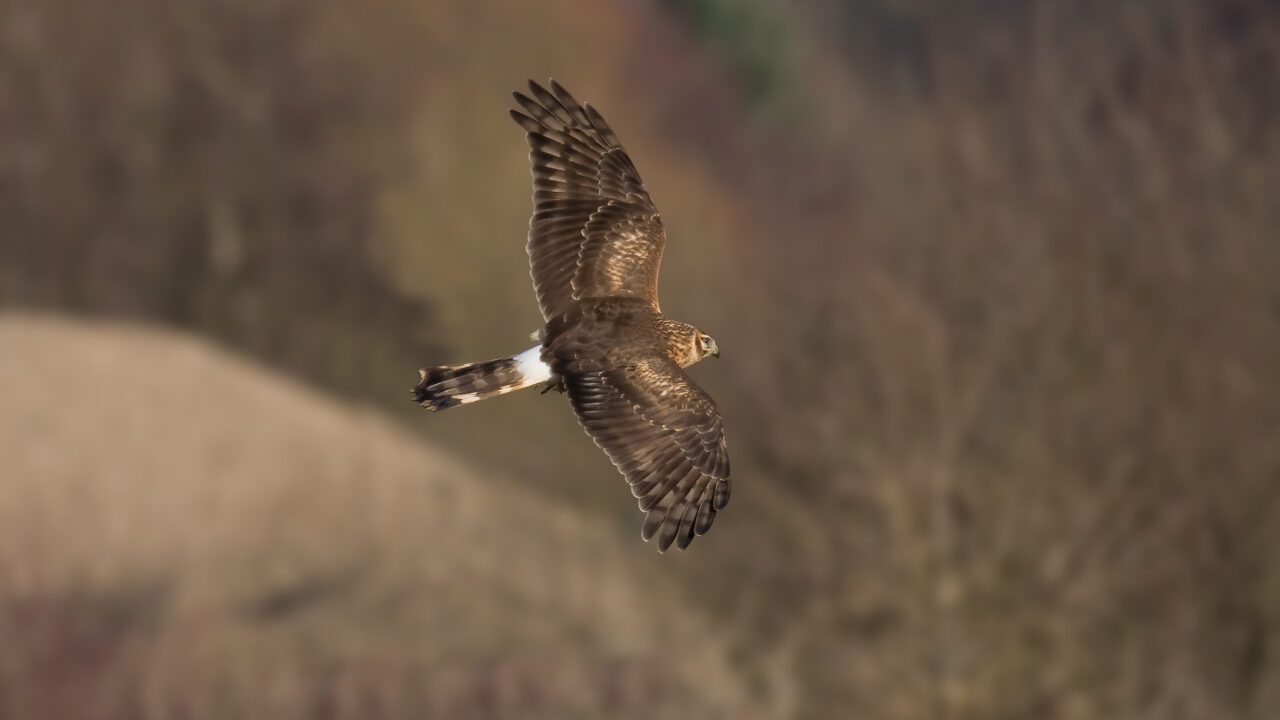The Hen Harrier Scheme, a new support scheme for farmers in designated hen harrier habitats, was officially launched by the Minister for Agriculture, Food and the Marine, Michael Creed, in Macroom, Co. Cork earlier today (Friday, December 8).
Farmers in special protection areas (SPAs) for hen harriers – which number about 4,000 in total – can now apply to join the scheme through their agricultural advisers, or the project’s official website.
Announcing the opening of the scheme, Minister Creed said: “I am delighted to fund this initiative for €25 million under our Rural Development Programme.
“This is a critical programme which seeks to save one of Ireland’s most endangered birds, the Hen Harrier,” the minister noted.
This is a prime example of a locally-led, results-based scheme, which will combine meaningful conservation measures with a strong local focus of delivery to farmers in the six SPA hen harrier areas.
The design of the Programme was influenced by a combination of conservation NGO (non governmental organisations) and researchers working together to deliver a targeted landscape level intervention which places the farmer at the heart of the process.
Farmer consultation was a key element of the development process for the programme and the opinions and feedback collected from 500 farmers were incorporated into the final design.
Creating sustainable farming systems that work for both the farmers and the bird, and deliver real socio-economic benefits to the areas concerned, is a major objective. The programme is a pilot project under the European Innovation Partnership measure of the Irish Rural Development Programme.
The programme is designed and administered by a Hen Harrier Project Team under the leadership of Fergal Monaghan.
An extensive team of raptor specialists, fieldworkers and farm advisors will support the roll-out of the programme on the ground, and the Department of Agriculture, Food and the Marine, with the National Parks and Wildlife Service of the Department of Culture, Heritage and the Gaeltacht, will help guide and support the project.
